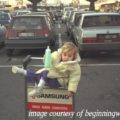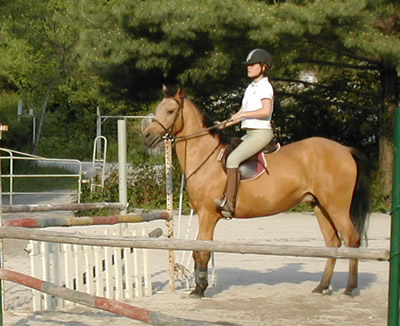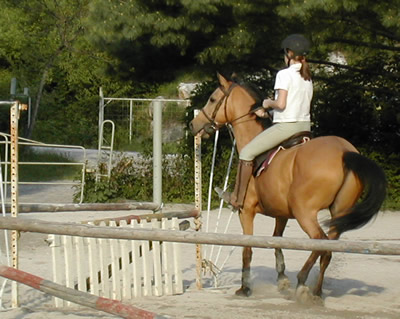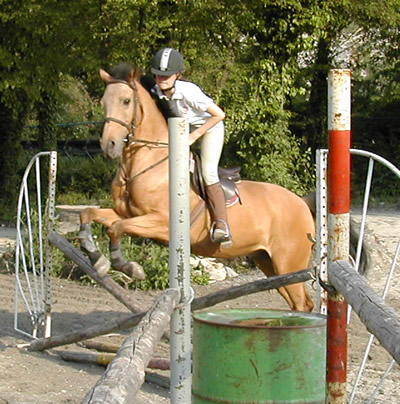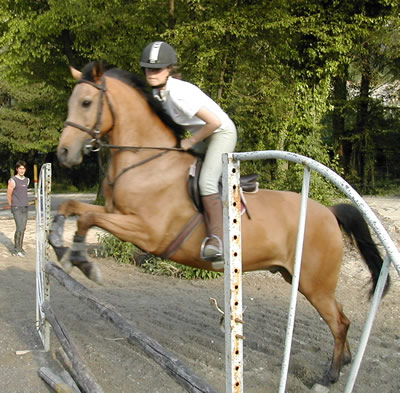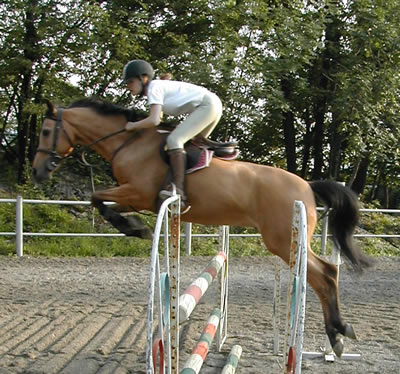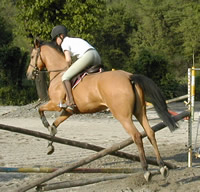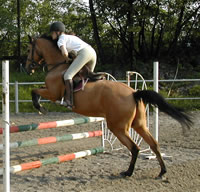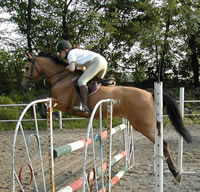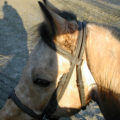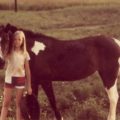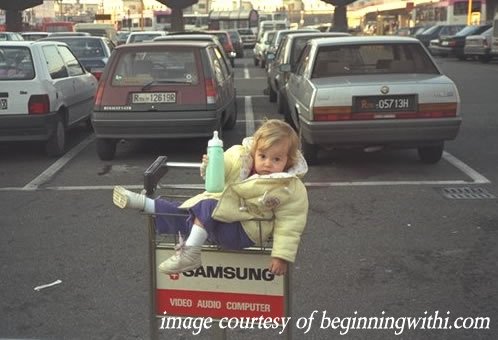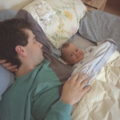A recent New York Times article discussed how some American companies, before employing young people just out of college, are looking at how they present themselves in online communities such as MySpace and Facebook.
Not surprisingly, many kids in high school and college use these “protected” online spaces to try on personas, indulging in the posturing common to adolescents, such as claiming attitudes and behaviors that they rarely, if ever, actually indulge in. This is no different from teen posturing in real life, except that, instead of being performed for an audience of their peers, it’s available for all the world to see.
” ‘The term [companies have] used over and over is red flags… Is there something about [a potential employee’s] lifestyle that we might find questionable or that we might find goes against the core values of our corporation?’ ”
It seems to me that any company which decides NOT to hire a person on the basis of their MySpace profile falls into three errors:
- Assuming that what’s presented there is real.
- Assuming that, even if true, high school or college behavior reflects how someone will behave in adult working life. Many working adults smoke dope or drink on weekends, without letting it affect their working lives. A sign of adulthood is in fact the ability to behave appropriately in each of the different spheres of your life.
- Rampaging hypocrisy. Could all of these puritanically-minded recruiters truthfully say that they did not behave like adolescents during their adolescence? Could they say the same for every current employee of their organization?
A few of the companies contacted for the NYT article said that they do not conduct such investigations of potential employees, some explicitly stating that they felt such material to be irrelevant (good for them!). Nonetheless, I suspect that the phenomenon is more likely to grow than shrink, given America’s Puritanical bent.
That being the case, how should young people behave online?
The key is to realize that the Internet is a hyper-public piazza, in which you should assume that everything you say, no matter when or to whom, is being recorded – and may someday be held against you. We’ve all made the mistake of accidentally copying an email to the very person denigrated in it. There have been well-aired cases of regrettable emails being publicized, to the humiliation and sometimes material damage of the originator. Even Microsoft has been hoist with its own petard by internal emails which became public knowledge thanks to subpoenas or leaks.
The only way to be absolutely safe is never to say anything online that you might someday regret, or that you might not wish some third party to hear. An oft-cited rule of thumb is: “Don’t put anything out there that you wouldn’t want your grandmother to see.”
Which is, of course, extreme and unreasonable – we all have sides to ourselves that we don’t share with our grandmothers. Perhaps a better rule of thumb is: “Don’t put anything out there that you wouldn’t want your parents to see.” And then for the parents to actually go and look.
A newly-published study on teens’ use of MySpace and their parents’ perception thereof is enlightening. It shows that, while parents profess to be concerned about what their teens may be doing or experiencing on MySpace (their fears heightened by media hysteria), “38% have not seen their teen’s MySpace page and 40% never look at their teen’s MySpace pictures.”
Furthermore, “Less than half the parents say they have limits on both computer use
(46%) and MySpace use (32%) but kids say that those limits are not followed.” And: “One-third of the parents are not sure about whether their teen is giving out personal information; even when they think they know, they underestimate how often their teenagers give out their name, school name, phone number, e-mail/IM, and social information. For example, 34% of parents were not sure if their teen had given out the name of their school and 43% were sure that they had done so, while 74% of the teens stated that they had provided their school name.”
In other words, parents claim to be setting limits on how their kids use MySpace, but are not actually checking to see how they are using it. Which is very easy to do: most MySpace pages are open to the public, and it would be a very duplicitous child indeed who actually set up two MySpace profiles – one for parental consumption and one for friends.
My own daughter has a MySpace account, but uses it only occasionally to stay in touch with her American friends. Ross is far more active on Fotolog, and my readers already know that I keep close tabs on her there – not because I don’t trust her, but because it’s entertaining. I also have both a professional and personal interest in understanding how online social networking works and how people use it; Ross’ Fotolog is a handy case study that’s easy for me to follow because I actually know some of the people and their back stories.
Ross knows that I see almost immediately whatever she posts (one of Fotolog’s features is email alerts whenever a friend adds something to their Fotolog). Does this affect how she behaves there? She says: “No, but you and I have a weird relationship.” (She did once change a post on my advice; I thought it a bit harsh on one of her friends and that she might soon regret having said it.)
But I have talked to Ross a great deal about online reputation management, and the wisdom I’ve passed on (based on my own online experience as well as reading) does seem to inform her online behavior. She’ll do fine in the working world. (Unless she applies for a job at the Temperance Society…)



